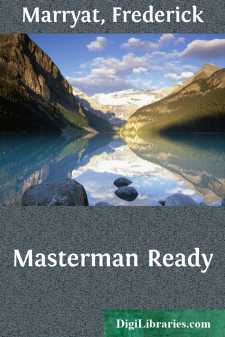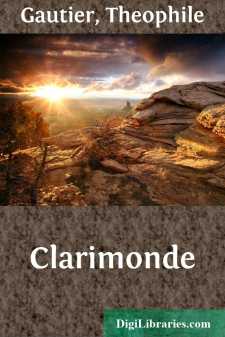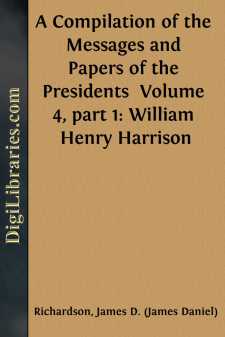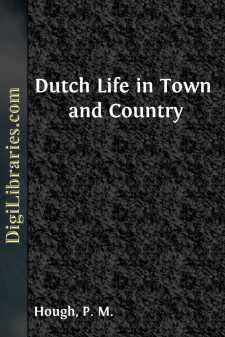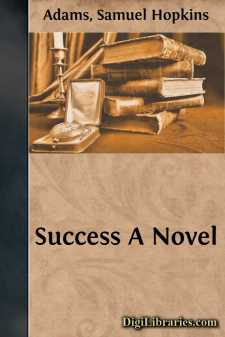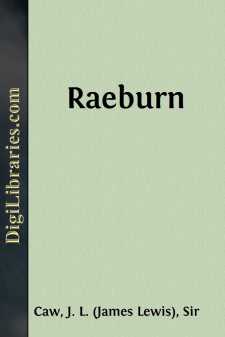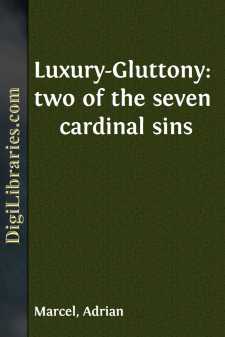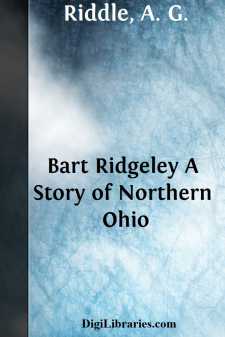Categories
- Antiques & Collectibles 13
- Architecture 36
- Art 48
- Bibles 22
- Biography & Autobiography 813
- Body, Mind & Spirit 142
- Business & Economics 28
- Children's Books 17
- Children's Fiction 14
- Computers 4
- Cooking 94
- Crafts & Hobbies 4
- Drama 346
- Education 46
- Family & Relationships 57
- Fiction 11829
- Games 19
- Gardening 17
- Health & Fitness 34
- History 1377
- House & Home 1
- Humor 147
- Juvenile Fiction 1873
- Juvenile Nonfiction 202
- Language Arts & Disciplines 88
- Law 16
- Literary Collections 686
- Literary Criticism 179
- Mathematics 13
- Medical 41
- Music 40
- Nature 179
- Non-Classifiable 1768
- Performing Arts 7
- Periodicals 1453
- Philosophy 64
- Photography 2
- Poetry 896
- Political Science 203
- Psychology 42
- Reference 154
- Religion 513
- Science 126
- Self-Help 84
- Social Science 81
- Sports & Recreation 34
- Study Aids 3
- Technology & Engineering 59
- Transportation 23
- Travel 463
- True Crime 29
Sort by:
Thomas Jefferson Thomas Jefferson was born at Shadwell, Albemarle County, Va., on April 2 (old style), 1743. He was the oldest son of Peter Jefferson, who died in 1757. After attending private schools, he entered William and Mary College in 1760. In 1767 began the practice of the law. In 1769 was chosen to represent his county in the Virginia house of burgesses, a station he continued to fill up to the...
more...
Chapter XXVI The next day, when Mr. Seagrave, William, Juno, and Ready were all at work at their allotted tasks, Mrs. Seagrave was sitting down at the front of the tent, the little baby, Albert, crawling close to her, Caroline trying to work with her needle, and Tommy was making holes in the ground, and putting a small stone into each hole. "What are you doing, Tommy?" said Mrs. Seagrave....
more...
Brother, you ask me if I have ever loved. Yes. My story is a strange and terrible one; and though I am sixty-six years of age, I scarcely dare even now to disturb the ashes of that memory. To you I can refuse nothing; but I should not relate such a tale to any less experienced mind. So strange were the circumstances of my story, that I can scarcely believe myself to have ever actually been a party to...
more...
William Henry Harrison William Henry Harrison, third and youngest son of Benjamin Harrison, one of the signers of the Declaration of Independence, was born at Berkeley, Charles City County, Va., February 9, 1773. Was educated at Hampden Sidney College, Virginia, and began the study of medicine, but before he had finished it accounts of Indian outrages on the western frontier led him to enter the Army,...
more...
by:
P. M. Hough
Chapter I National Characteristics There is in human affairs a reason for everything we see, although not always reason in everything. It is the part of the historian to seek in the archives of a nation the reasons for the facts of common experience and observation, it is the part of the philosopher to moralize upon antecedent causes and present results. Neither of these positions is taken up by the...
more...
CHAPTER I The lonely station of Manzanita stood out, sharp and unsightly, in the keen February sunlight. A mile away in a dip of the desert, lay the town, a sorry sprawl of frame buildings, patternless save for the one main street, which promptly lost itself at either end in a maze of cholla, prickly pear, and the lovely, golden-glowing roseo. Far as the eye could see, the waste was spangled with vivid...
more...
When in 1810, Henry Raeburn, then at the height of his powers, proposed to settle in London, Lawrence dissuaded him. It is unnecessary, as it would be unjust, to insinuate that the future President of the Royal Academy had ulterior and personal motives in urging him to rest content with his supremacy in the North. Raeburn was fifty-five at the time, and, after his undisputed reign at home, even his...
more...
by:
Adrian Marcel
CHAPTER I. The palace of the Élysée-Bourbon,—the old hôtel of the Marquise de Pompadour,—situated in the middle of the Faubourg St. Honoré, was, previous to the last revolution, furnished, as every one knows, for the occupancy of foreign royal highnesses,—Roman Catholic, Protestant, or Mussulman, from the princes of the German confederation to Ibrahim Pacha. About the end of the month of...
more...
by:
Unknown
BEAUTY AND THE BEAST. There was once a merchant who had been very rich at one time, but who, having had heavy losses, was compelled to retire to a little cottage in the country; where he lived with his three daughters. The two elder ones were very much discontented at their poverty, and were always grumbling and making complaints. But the youngest one, who was called Beauty, and who was as amiable as...
more...
by:
A. G. Riddle
CHAPTER I. A FAILURE. He could see from the top of the hill, down which the road wound to the river, that the bridge was gone, and he paused for a moment with an involuntary feeling that it was useless to go forward; but remembering that his way led across, at all events, he walked down to the bank. There it ran, broad, rapid, and in places apparently deep. He looked up and down in vain: no lodged...
more...



